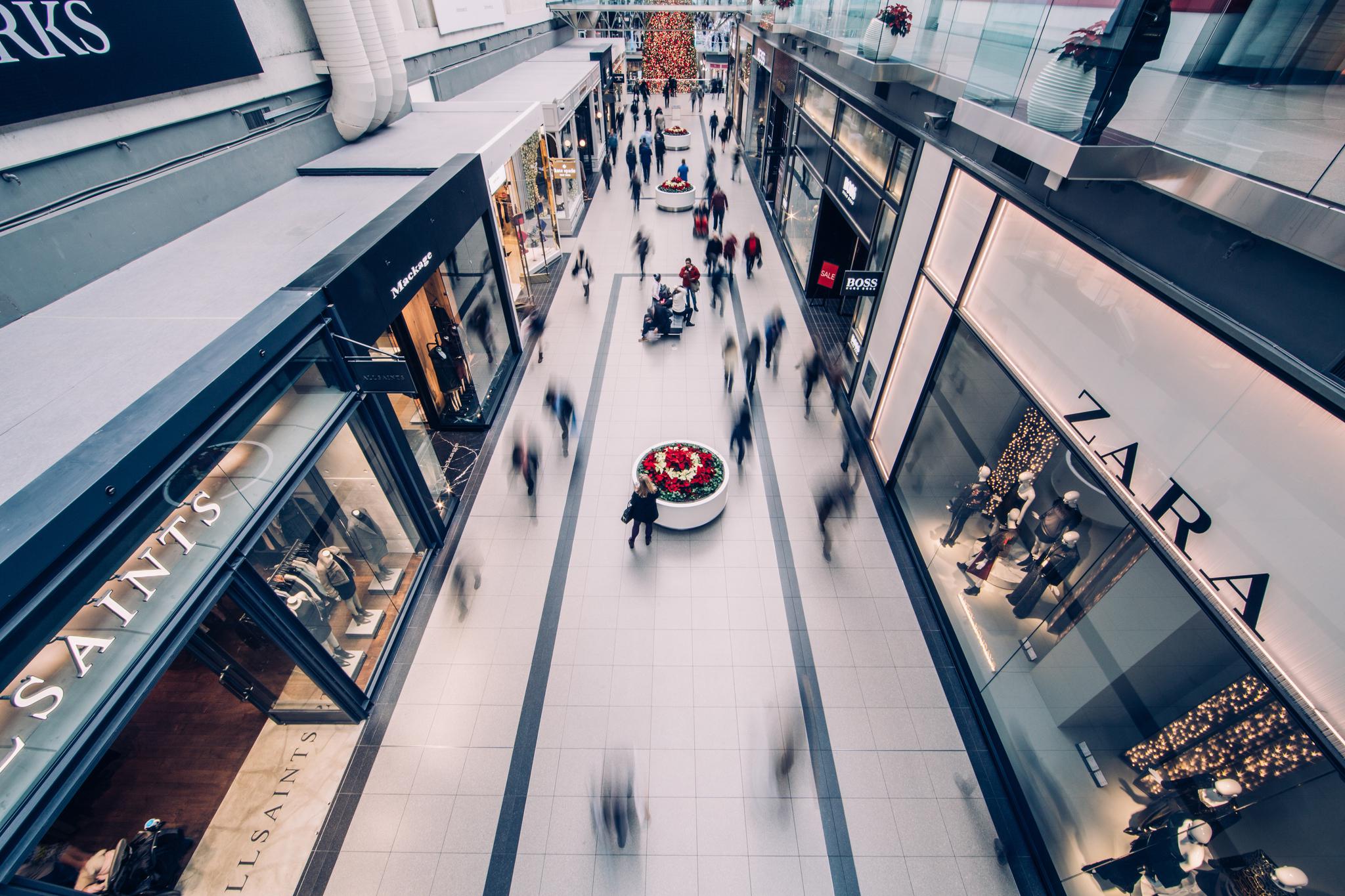
How Corona's changed the spontaneous shop
For those fond of retail therapy, the spontaneous trip into town has always been one of life’s great joys. A carefree jolly to the High Street with no particular agenda or goal purchase in mind, doing as little or as much as your mood dictates.
Maybe that’s rifling through a record store crate, reinventing your face with an impromptu makeover and dropping a month’s pay on skincare potions you never knew you needed. Maybe it’s snapping up a dress only marginally different from the other five you own, because why not? And that salesperson was especially friendly and persuasive.
Little can rival the mood-boosting powers of some aimless pottering resulting in spontaneous spending, and eventually hauling your weary but satisfied self to the car or bus, swinging armfuls of fancy ribbon-tied bags.
But then along came 2020 and tore up the rule book on life as we know it. For nearly three months, we did without all but essential shops. Makeup and clothes fell out of favour with social lives played out through a screen. Lipsticks and maxi dresses felt frivolous in the face of a national scrabble for toilet roll and hand sanitiser.
As lockdown lifts, shopping’s back, but not as we know it. Mandatory face masks, maximum customer capacities, two-metre markers and a look but don’t touch policy in some places have changed the experience beyond all recognition.

Hours spent combing department store floors now feels like a high risk activity. Snaking queues outside the not so airy of retail premises mean the desire to browse must be weighed against the time you’re willing to make socially-distanced small talk with strangers in the rain. Even reaching the High Street is now a hotbed of hazards - negotiating public transport or the potential carnival of Corona that is the car park ticket machine.
A huge part of shopping in times not so long gone by was the experience. Customer service designed to boost confidence, make you feel special and convince you that extortionate non-vital items could have life-changing powers. With the magic of making a feelgood purchase dulled as shops' safety measures make human interaction more and more distant, the whole thing starts to feel clinical.
Shopping now calls for careful planning and forethought, idle browsing has been hijacked by a focused find, pay and leave mission. And if that’s the case, when you could have anything you desire dropped at your door with a few taps of a phone or keyboard, is it worth the bother?
I hope the golden days of carefree shopping returns, to see the Saturday afternoon High Street throng with happy crowds again, but for now I’m adding to my online basket and supporting my favourite brands from a social distance.

Post a comment